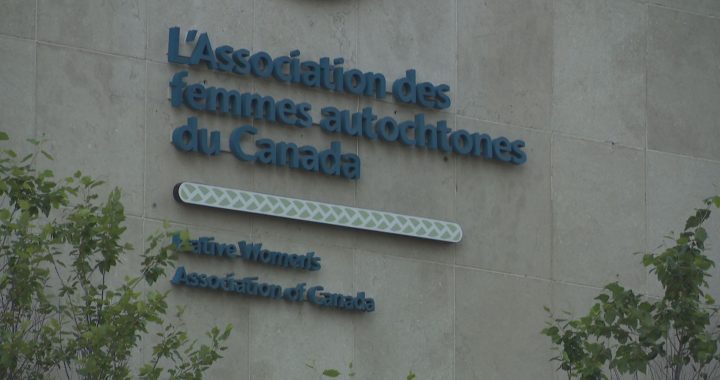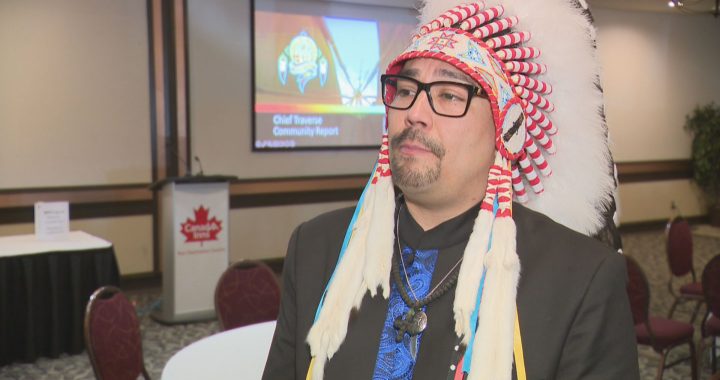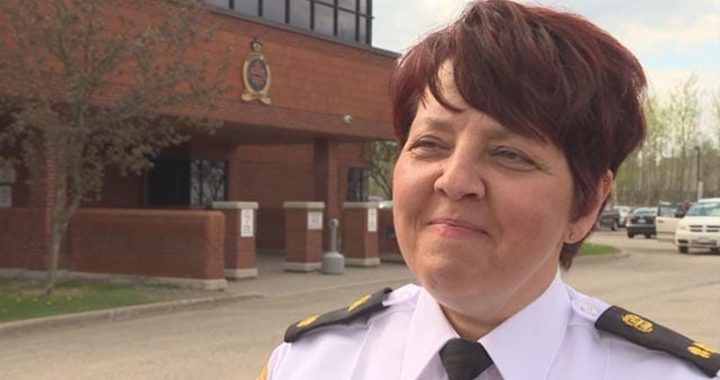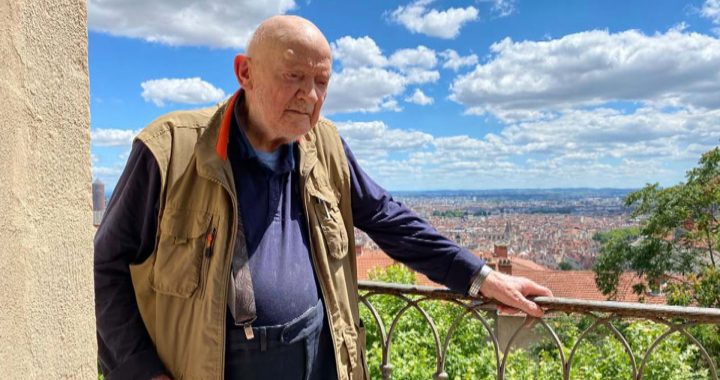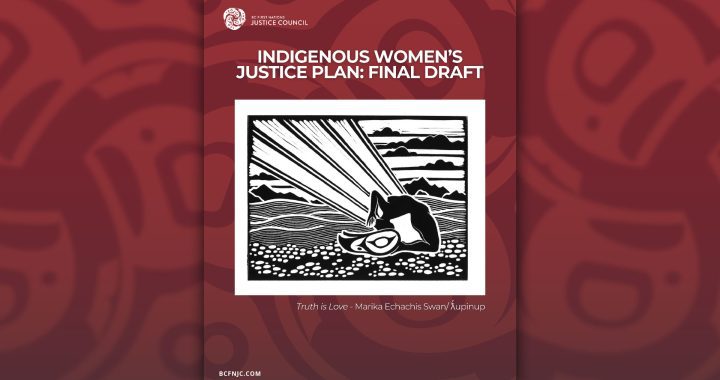Since she was 14 years old Margaret Ireland has been listening to her community’s concern over climate change.
She would continue to take in the traditional knowledge, Tthets’ek’ehdeli, Jean Marie River First Nation, located in the Dehcho region of the Northwest Territories, and she would dedicate nearly two decades documenting what she heard.
“My senior Elders are dying and there’s very few Elders left. I was interested in documenting the stories that they have. It was very difficult to convince them to document the stories because, to their way of thinking, it was orally given to the next generation,” she said.
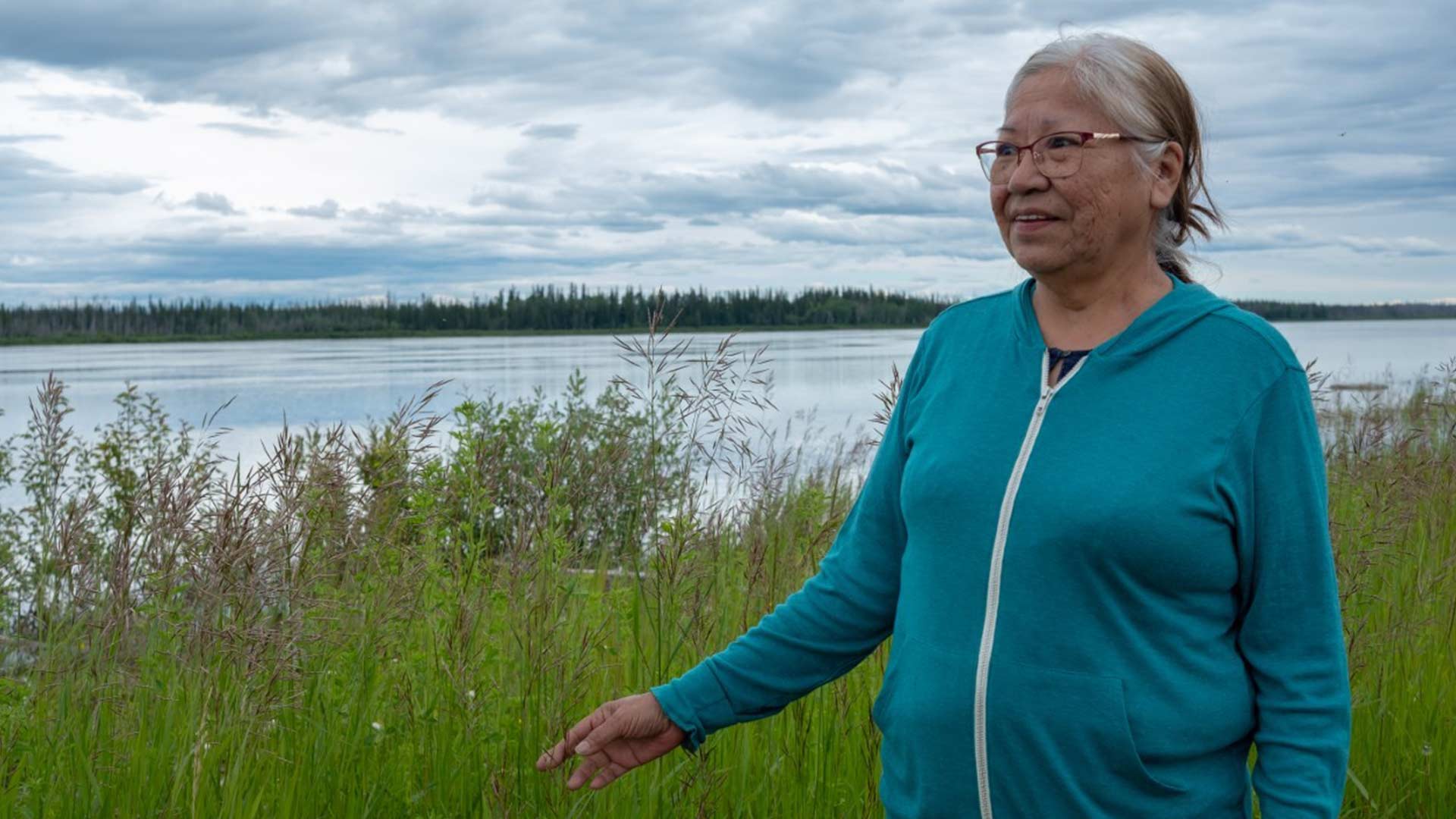
When discussion of a Mackenzie gas pipeline began to take shape in the early 2000s, Ireland advocated for the inclusion of local Indigenous voices.
“It’s very important to them that it is community led. That we would have the documents in the end of the study and it was important as they told me to go out and find a scientist who is willing to work with us and willing to listen to them when they talk about the traditional knowledge,” Ireland said.
Ireland partnered with the researchers working under the federal government’s Climate Change and Health Adaptation Program and assisted in the first traditional knowledge study for the community from 2000 to 2004.
For her it was paramount that Jean Marie River First Nation better understand the environment social, cultural and health related impacts from climate change in her region.
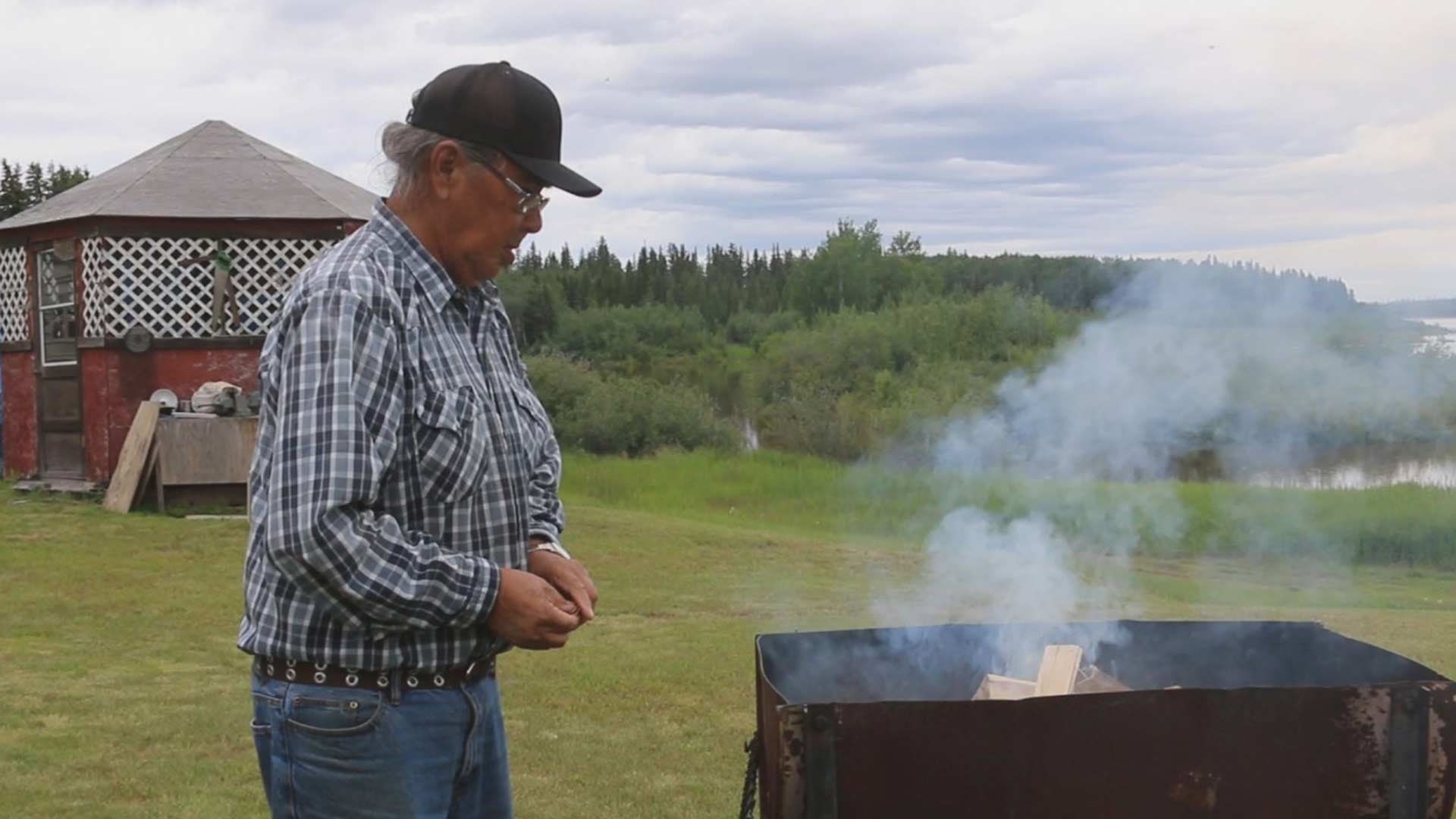
To understand and target specific areas where changes have occurred she turned to long-time land users like her brother Billy Norwegian.
He had told her of many changes, like the few muskrats on the water and the animals keeping their summer furs long after what is typical – into the trapping season.
“One of the things I have noticed is that the trees are falling over on the forest ground. It makes it very difficult to go and both me and my brother have trap lines. So every year before we start using the trap line we have to spend a day or so cutting the fallen trees,” Norwegian said.
Ireland formed an Elder’s group, and her baseline data launched into a platform to address and responds to global warming.
She listened to their recommendations on wanting to know what melting permafrost underneath their buildings looked like.
This approach helped her complete three major studies in two decades aimed at taking action to prevent/and or minimize negative impacts to her traditional territory.
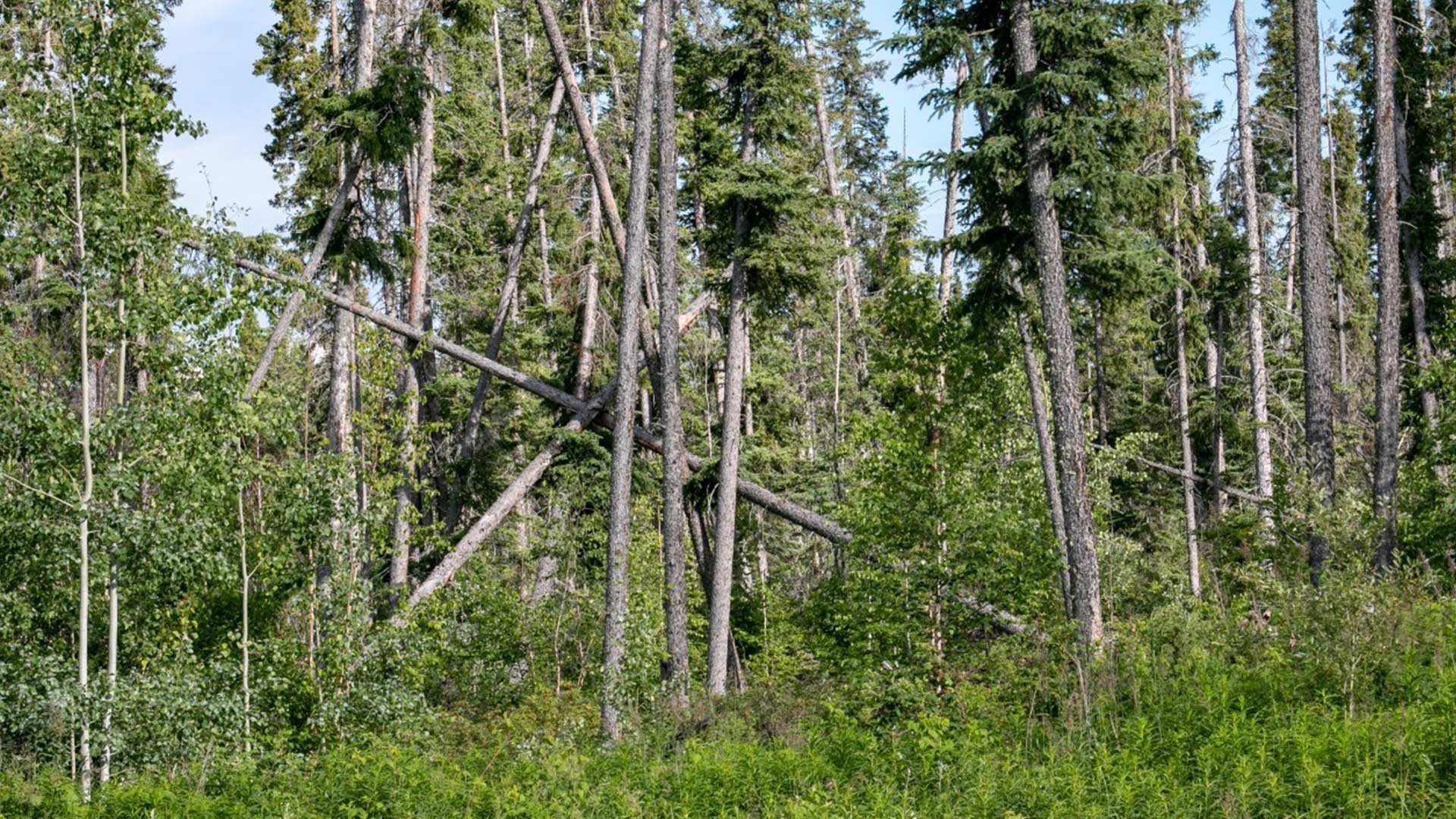
When APTN News asked Ireland who to interview on the topic of climate change in Jean Marie River, she stressed the importance of not who, but how you speak to community members about climate change.
Ireland preferred sitting down with Elders for a casual chats on their lived-experiences and observations on the land, which she would then translate for APTN News.
APTN heard about how the warmer river temperatures have resulted in fish covered in sores the past few seasons when Norwegian pulls his net. And how little caribou there is as the land dries up.
“The ground use to freeze really hard before it snowed, so in the springtime when it melts there was water on the ground. But now, the ground is soft when it snows and in the spring time the melted snow seems to be absorbed by the earth as a result. Now there’s no ground water on top of the earth,” he said.
In 2018, the project results showed rapid degradation of boreal caribou habitat, a reduction of 35 per cent in areas studied close to Jean Marie River.
Overall, 88 per cent of the caribou areas were affected by both forest fires and melting permafrost.
By interviewing Elders, western researchers and Jean Marie River First Nation were able to draft long-term objectives and provide a tool for adaptation with the creation of a community-decided guiding practices for those travelling on the land.
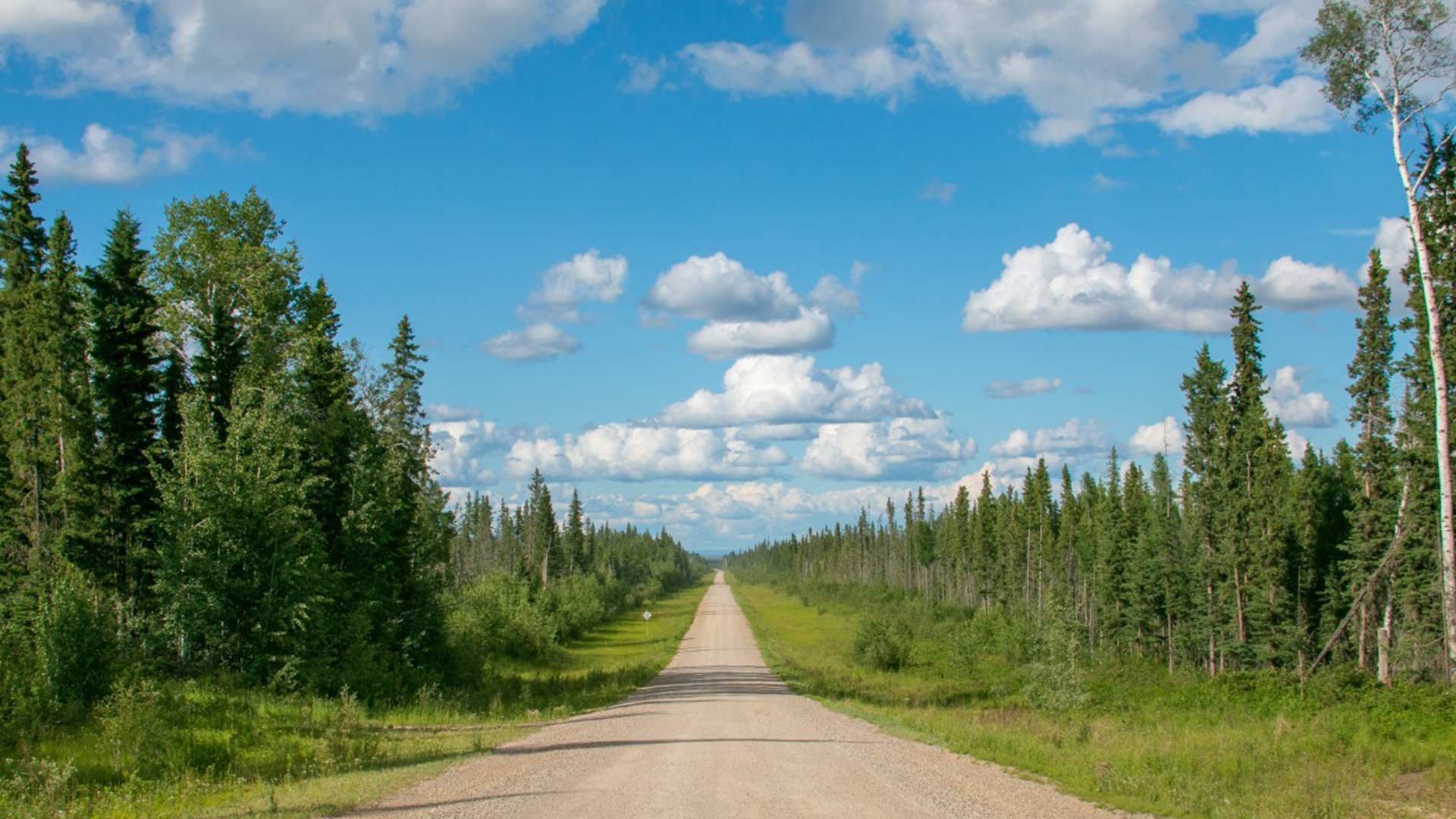
Those best practices include clearing trails in the fall and wear waterproof footwear, travelling in pairs and bringing first aid and emergency kits, extra supplies when out on the land, use overland routes more often and developing more updated maps for the Mackenzie River to account for changes in navigation routes.
Something desperately needed to combat the uncertainty of using traditional routes once safe.
A few seasons ago Norwegian‘s skidoo went through the ice in an area with no trees. He was unable to make a fire, and spent hours making it back into town.
“The changes in the weather is getting to be quite extreme, so to be out on the land on your own is becoming a very big safety issue. So we needed to know where everyone is out on the land and when to expect them back,” Ireland said.
Read More:
With a greater academic and government focus on the effects of climate change on northern communities, Ireland said she will continue to listen and continue to document.
“Our young people’s first language is English and not Dene so it was important for me and for them to understand the history of their people,” she said.





